Filter by
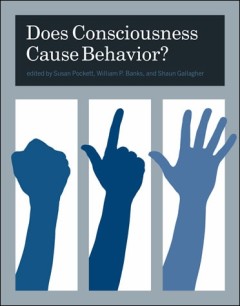
Does Consciousness Cause Behavior?
Continuing the debate over whether consciousness causes behaviour or plays no functional role in it, leading scholars discuss the question in terms of neuroscience, philosophy, law and public policy.OCLC-licensed vendor bibliographic record.
- Edition
- -
- ISBN/ISSN
- 9780262281690
- Collation
- 1 online resource (vi, 364 pages) :illustrations
- Series Title
- -
- Call Number
- -
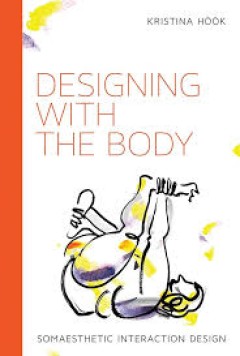
Designing with the body :somaesthetic interaction design
Interaction design that entails a qualitative shift from a symbolic, language-oriented stance to an experiential stance that encompasses the entire design and use cycle. With the rise of ubiquitous technology, data-driven design, and the Internet of Things, our interactions and interfaces with technology are about to change dramatically, incorporating such emerging technologies as shape-changin…
- Edition
- -
- ISBN/ISSN
- 9780262348324
- Collation
- 1 online resource.
- Series Title
- -
- Call Number
- -
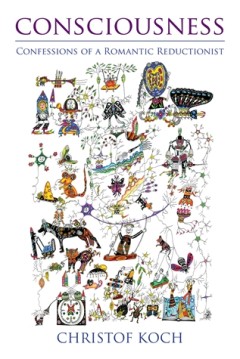
Consciousness :confessions of a romantic reductionist
"What links conscious experience of pain, joy, color, and smell to bioelectrical activity in the brain? How can anything physical give rise to nonphysical, subjective, conscious states? Christof Koch has devoted much of his career to bridging the seemingly unbridgeable gap between the physics of the brain and phenomenal experience. This engaging book--part scientific overview, part memoir, part…
- Edition
- -
- ISBN/ISSN
- 9780262301787
- Collation
- 1 online resource (xii, 181 pages)
- Series Title
- -
- Call Number
- -
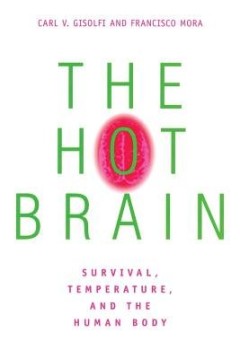
The Hot Brain : Survival, Temperature, and the Human Body
The book traces the story of the brain throughout evolution and shows how the control of body temperature as a survival mechanism was achieved. From the first unicellular life on Earth, living things have had the capacity to sense heat and cold and to avoid extreme temperatures. With the development of a bigger brain and a constant body temperature, mammals were able to change their habitats…
- Edition
- -
- ISBN/ISSN
- 9780262273886
- Collation
- 1 online resource (286 pages)
- Series Title
- -
- Call Number
- 613 GIS h
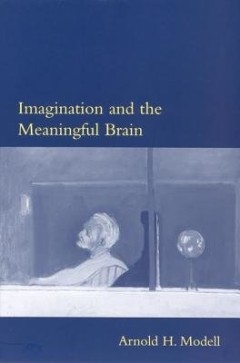
Imagination and the meaningful brain
"A Bradford book."The ultimate goal of the cognitive sciences is to understand how the brain works--how it turns "matter into imagination." In Imagination and the Meaningful Brain, psychoanalyst Arnold Modell claims that subjective human experience must be included in any scientific explanation of how the mind/brain works. Contrary to current attempts to describe mental functioning as a form of…
- Edition
- -
- ISBN/ISSN
- 9780262280044
- Collation
- 1 online resource (xiv, 253 pages)
- Series Title
- Philosophical Psychopathology
- Call Number
- 150 MOD i
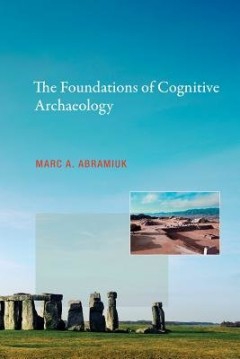
The foundations of cognitive archaeology
In The Foundations of Cognitive Archaeology, Marc Abramiuk proposes a multidisciplinary basis for the study of the mind in the past, arguing that archaeology and the cognitive sciences have much to offer one another. Abramiuk draws on relevant topics from philosophy, biological anthropology, cognitive psychology, cognitive anthropology, and archaeology to establish theoretically founded and emp…
- Edition
- -
- ISBN/ISSN
- 9780262305273
- Collation
- 1 online resource (xi, 316 pages) :illustrations
- Series Title
- -
- Call Number
- -
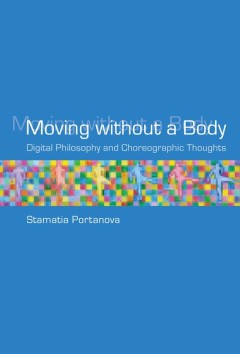
Moving without a body :digital philosophy and choreographic thoughts
Digital technologies offer the possibility of capturing, storing, and manipulating movement, abstracting it from the body and transforming it into numerical information. In Moving without a Body, Stamatia Portanova considers what really happens when the physicality of movement is translated into a numerical code by a technological system. Drawing on the radical empiricism of Gilles Deleuze and …
- Edition
- -
- ISBN/ISSN
- 9780262313858
- Collation
- 1 online resource (x, 179 pages) :illustrations.
- Series Title
- -
- Call Number
- -
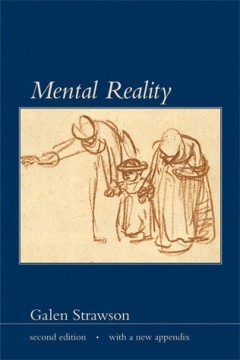
Mental reality (Second Edition, With A New Appendix)
"A Bradford book.""In Mental reality, Galen Strawson argues that much contemporary philosophy of mind gives undue primacy of place to publicly observable phenomena, nonmental phenomena, and behavioral phenomena (understood as publicly observable phenomena) in its account of the nature of mind. It does so at the expense of the phenomena of conscious experience. Strawson describes an alternative …
- Edition
- 2nd ed., with a new appendix.
- ISBN/ISSN
- 9780262259224
- Collation
- 1 online resource (xx, 373 pages) :illustrations.
- Series Title
- -
- Call Number
- -
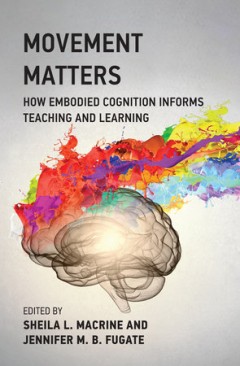
Movement Matters: How Embodied Cognition Informs Teaching and Learning
"Presents the latest research on embodied cognition's applications for educational practices, and offers perspectives on how the relationships among mind, brain, body, and environments impact learning"--
- Edition
- -
- ISBN/ISSN
- 9780262368995
- Collation
- -
- Series Title
- -
- Call Number
- -
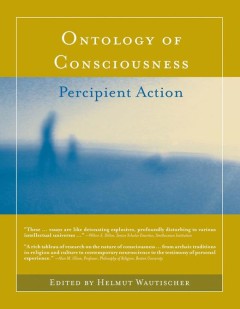
Ontology of consciousness :percipient action
"A Bradford book."OCLC-licensed vendor bibliographic record.
- Edition
- -
- ISBN/ISSN
- 9780262316347
- Collation
- 1 online resource (xxix, 638 pages) :illustrations
- Series Title
- -
- Call Number
- -
 Computer Science, Information & General Works
Computer Science, Information & General Works  Philosophy & Psychology
Philosophy & Psychology  Religion
Religion  Social Sciences
Social Sciences  Language
Language  Pure Science
Pure Science  Applied Sciences
Applied Sciences  Art & Recreation
Art & Recreation  Literature
Literature  History & Geography
History & Geography